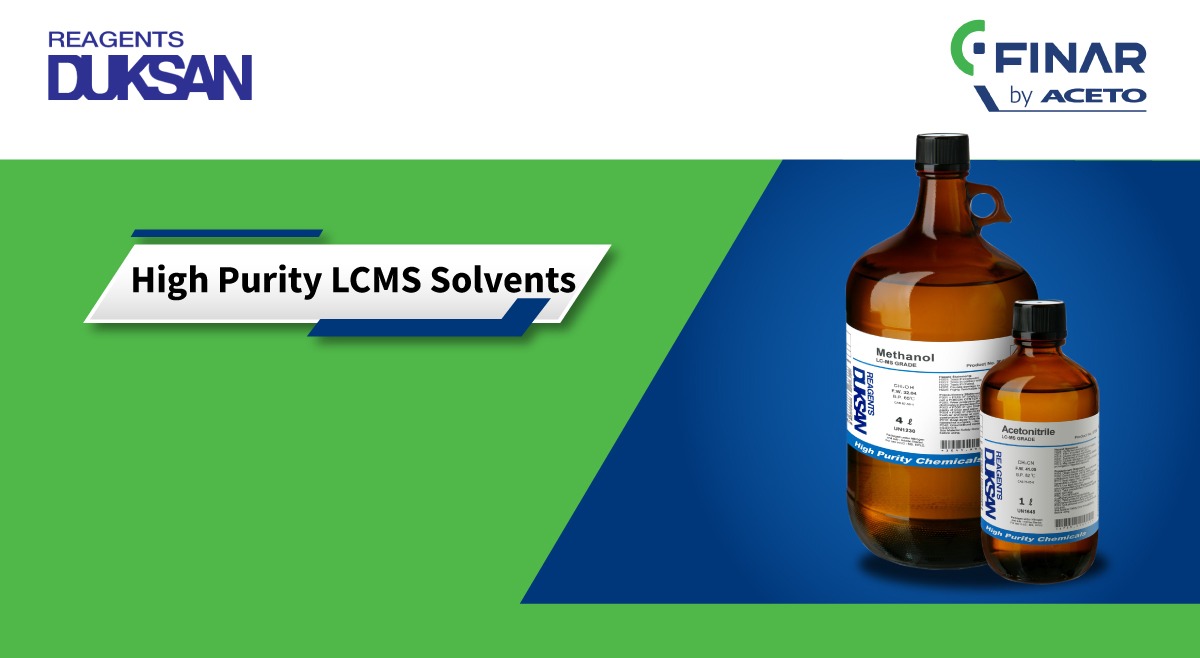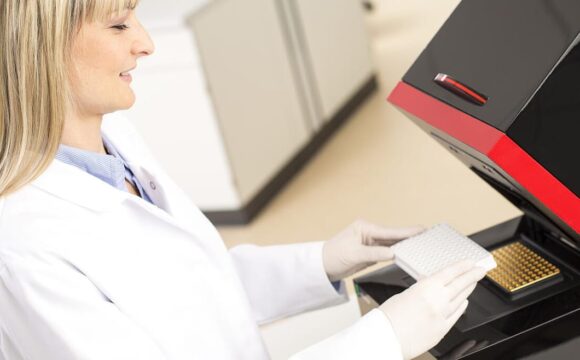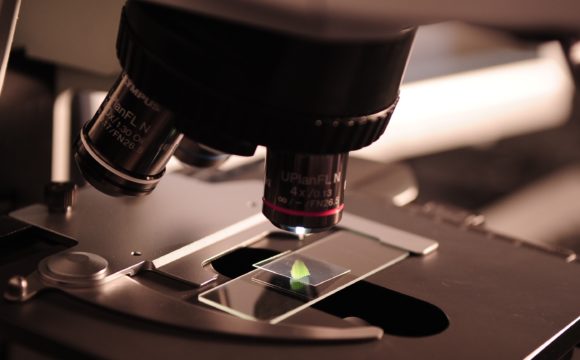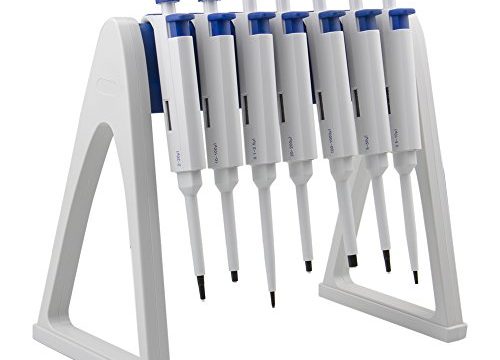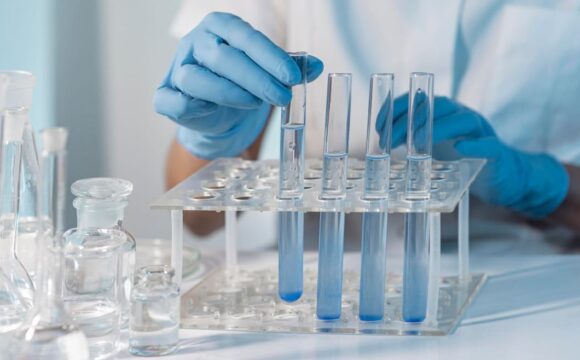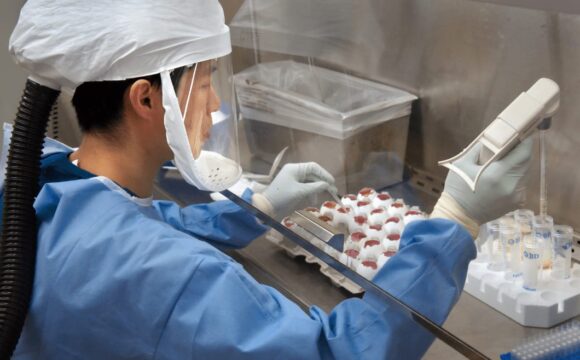Analytical laboratories require high precision equipment and laboratory supplies to meet the accuracy and reliability of results. High-quality solvents are required for certain experiments as substandard products may contain contaminants that hinder the findings and have an adverse effect on the accuracy and reliability of the results.
For liquid chromatography-mass spectrometry (LC-MS), reserpine tests should be carried out to make sure the solvents are of the best quality. High-grade LC-MS solvents help obtain the highest levels of purity of results and block the chances of getting ghost peaks and noise in the results.
Advantages of using LC-MS grade solvents:
- They help prevent ghost peaks in the result
- Reproducibility is very high
- Extends the lifetime of columns
- These solvents are optimized and thoroughly tested for LC-MS applications
- It helps minimize background ion suppression.
Why are blended solvents better?
- These solvents reduce the risk of contamination.
- It is rapid and saves time.
- You do not have to clean glassware or carry out filtration.
- There is less exposure to hazardous chemicals.
Acetonitrile, methanol and water are the most used solvents for LC-MS as they have lowest absorbance of UV wavelength. possess low viscosity, and high dilution strength. These LC-MS solvents are developed to exceed all expectations to provide rapid and reliable results and help lower the background noise and ion suppression to ensure optimum ionization efficiency for high sensitivity.
Finar offers Duksan’s range of LC-MS solvents that provide consistent performance in research & quality control applications. They meet the specific requirements for highly sensitive equipment. Acetonitrile, methanol and water grade water are available as single component formulations and as in preferred blends. To know more and get quotations, please click here.



